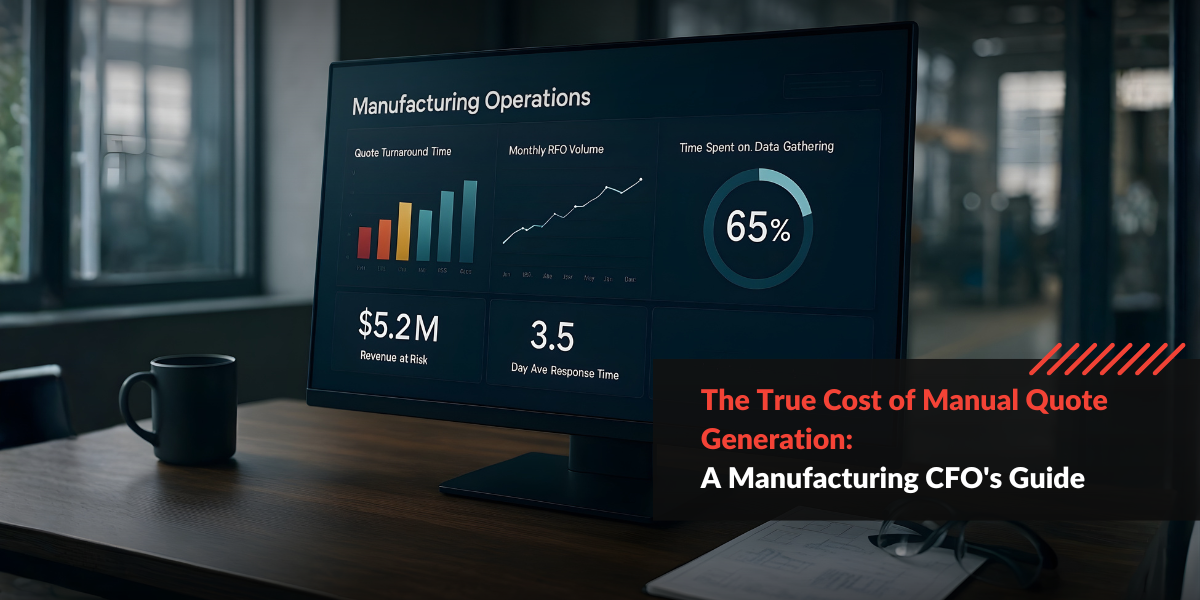The hospitality industry, with its vastness and diversity, continues to be a significant contributor to the US economy. From luxury resorts to budget motels, the sector caters to a wide range of customers, ensuring that everyone finds a place that feels like a home away from home. With the number of hotels opening worldwide increasing each year, it’s clear that competition is fierce. To succeed, hospitality enterprises need Hospitality Management Companies (HMCs) to handle the complex operations and financial challenges that come with running a hotel.
In 2022 alone, a total of 1,842 hotels opened their doors worldwide. This number is expected to rise, with forecasts suggesting that as many as 2,707 hotels will open in 2024.
It’s forecasted that by the end of 2023, the global market size of the hotel and resort industry will reach a staggering 1.21 trillion U.S. dollars.
The Non-Stop World of Hospitality
But Hotels are intricate investments. Managing a hotel involves juggling daily transactions, cash flow fluctuations, and planning for expenses and revenue. The complexity of the operations, both front end and back end can cause even the most seasoned professional to break a sweat. A high volume of daily transactions, including guest payments, vendor invoices, payroll, and inventory purchases, is challenging to manage and reconcile. Seasonal fluctuations, make it difficult to manage cash flow and plan for expenses and revenue.
That’s why many hotel brands are adopting an asset-light strategy, outsourcing operations to Third-Party Management Companies (TPMCs) or Hospitality Management Companies (HMC’s).
What is an Asset Light Strategy?
An asset-light strategy or business model involves the transfer of capabilities, such as people, processes, and technology, to “better owners” in order to enable companies to transition from a fixed cost structure to a variable cost structure, improve agility, and facilitate a resource shift that allows a focus on core capabilities.
Brands like Marriott, Hilton, and Hyatt rely on TPMCs to handle the back-end operations, allowing them to focus on their core service – delivering exceptional guest experiences. This strategic move allows for greater efficiency and increased profitability.
How can this strategy help hospitality leaders to improve the bottom line of their enterprise?
Running a 24/7 hotel operation is like hosting a never-ending party: Just when you’re cleaning up from one event, the next group of guests arrives ready to start all over again.
When the HMC’s absolve the hospitality owners of the drudgery of daily operations, the leadership can work on building the brand and expanding their footprint.
This has carved out a significant space for HMC’s. There’s a gaping hole in operating assets, and HMCs are stepping in to fill it. With hundreds vying for properties to add to their portfolios, the U.S. hospitality market is witnessing a consolidation of power. HMCs are no longer the underdogs; they’re becoming the main event.
Aimbridge Hospitality, for instance, manages over 1,500 hotels in the US. Highgate alone operates nearly 10% of the total market in Manhattan. HHM has a portfolio of over 135 hotels, all third-party managed independent and branded hotels.
The market is ripe for the taking but how can Hospitality management companies scale to woo prospects with their operational prowess?
The hospitality industry is unique, and so are its challenges
Guests checking in at odd hours, room service orders in the middle of the night, and events that stretch into the wee hours. Unlike most businesses that have the luxury of “closing hours,” hotels operate round the clock.
This continuous operation means a constant flow of transactions, be it room bookings, spa appointments, or those midnight snack orders. Handling this sheer volume, and at all hours, is a challenge exclusive to the industry. It’s not just about recording these transactions but ensuring they’re accurate, timely, and provide real-time insights for decision-making.

To capture the market, TPMCs need speed and efficiency. Most of the technology solutions built for the hospitality industry have focused on the guest experience and front-end operations. The less glamourous back-office operations have received attention from very few technology solutions providers, whereas in fact, it is the back-office operations that require automation due to the vast quantities of data is to be manually processed.
Bottlenecks of Hospitality Operations
- Reservation Management: From online bookings to walk-ins, managing reservations is a continuous juggle. Ensuring that overbookings don’t occur, special guest requests are noted, and last-minute cancellations are managed requires meticulous attention.
Associated Manual tasks
- Cross-checking various booking platforms for overlapping reservations.
- Physically noting down special guest requests on paper or in separate files.
- Manually updating cancellations and changes in reservation details.
- Periodically reviewing reservation logs to prevent overbookings.
- Inventory Control: This isn’t just about ensuring there’s enough wine in the cellar. It’s about managing linens, toiletries, kitchen supplies, and more. A slight oversight can lead to shortages, affecting guest experience.
Associated Manual Tasks
- Manually counting stock items and updating inventory logs.
- Physically checking storage areas for stock levels.
- Manually tracking the usage rate of items to predict future needs.
- Cross-referencing received stock with purchase orders to ensure accuracy.
- Staff Scheduling: With employees working in shifts, ensuring that there’s never a shortage of staff while also adhering to labor laws and managing overtime can be a herculean task.
Associated Manual Tasks
- Manually creating staff rosters on paper or spreadsheets.
- Physically checking timecards or attendance logs to track hours worked.
- Manually calculating overtime and ensuring compliance with labor laws.
- Periodically reviewing labor laws and updating schedules accordingly.
- Financial Reconciliation: Every night, there’s a need to reconcile cash, check the day’s sales, and ensure that all transactions align. This is a task that leaves no room for error.
Associated Manual Tasks
- Manually tallying cash from registers and comparing it to sales logs.
- Manually entering transaction details into accounting software or ledgers.
- Cross-referencing bank statements with internal records for discrepancies.
- Manually calculating discrepancies and tracking down their sources.
- Vendor Management: Regularly liaising with multiple vendors for supplies, negotiating contracts, and managing timely payments adds another layer of complexity.
Associated Manual Tasks
- Manually creating and tracking purchase orders.
- Manually recording and tracking vendor payments.
- Manually tracking contract renewal dates and renegotiation periods.
Value Of Automation To Hospitality Leaders
- Efficient Reservation Systems: Ensure immediate updates, reducing overbooking and instantly capturing guest preferences.
- Inventory at Your Fingertips: inventory systems sends alerts for reorders, ensuring you never run out of essential supplies.
- Smart Staff Scheduling: Optimized staff schedules, considering peak hours, staff availability, and legal constraints.
- Flawless Financials: Automated financial systems ensure accurate, real-time data, reducing reconciliation times and errors.
- Seamless Vendor Liaisons: From automated order placements to digital payment solutions, vendor management becomes a breeze.
The complexities of the back office they navigate make it mandatory for the HMCs to be technologically empowered. High-volume, data-intensive operations like bank reconciliation, income journals, night audits, and chargeback disputes can be streamlined with AI-powered IPA solutions.
Hospitality management companies can benefit greatly from back-office automation because they often must manage many properties spread across multiple locations, with complex accounting processes.
By automating these processes, they can save time and reduce errors, allowing them to focus on other aspects of their business. Additionally, hospitality management companies are often under pressure to reduce costs and improve efficiency, and automation can help them achieve these goals.
Click here to view our on-demand webinar on how to boost chargeback wins with IPA.
By leveraging IPA solutions, hospitality management companies can scale faster, offer more value to hotel brands, and ensure profitability in a competitive market.
The prominence of hospitality management companies in the US is a testament to the changing dynamics of the industry. As the landscape continues to evolve, it’s clear that those who adapt, innovate, and leverage technology will lead the way, offering unparalleled value to hotel brands and investors alike.




